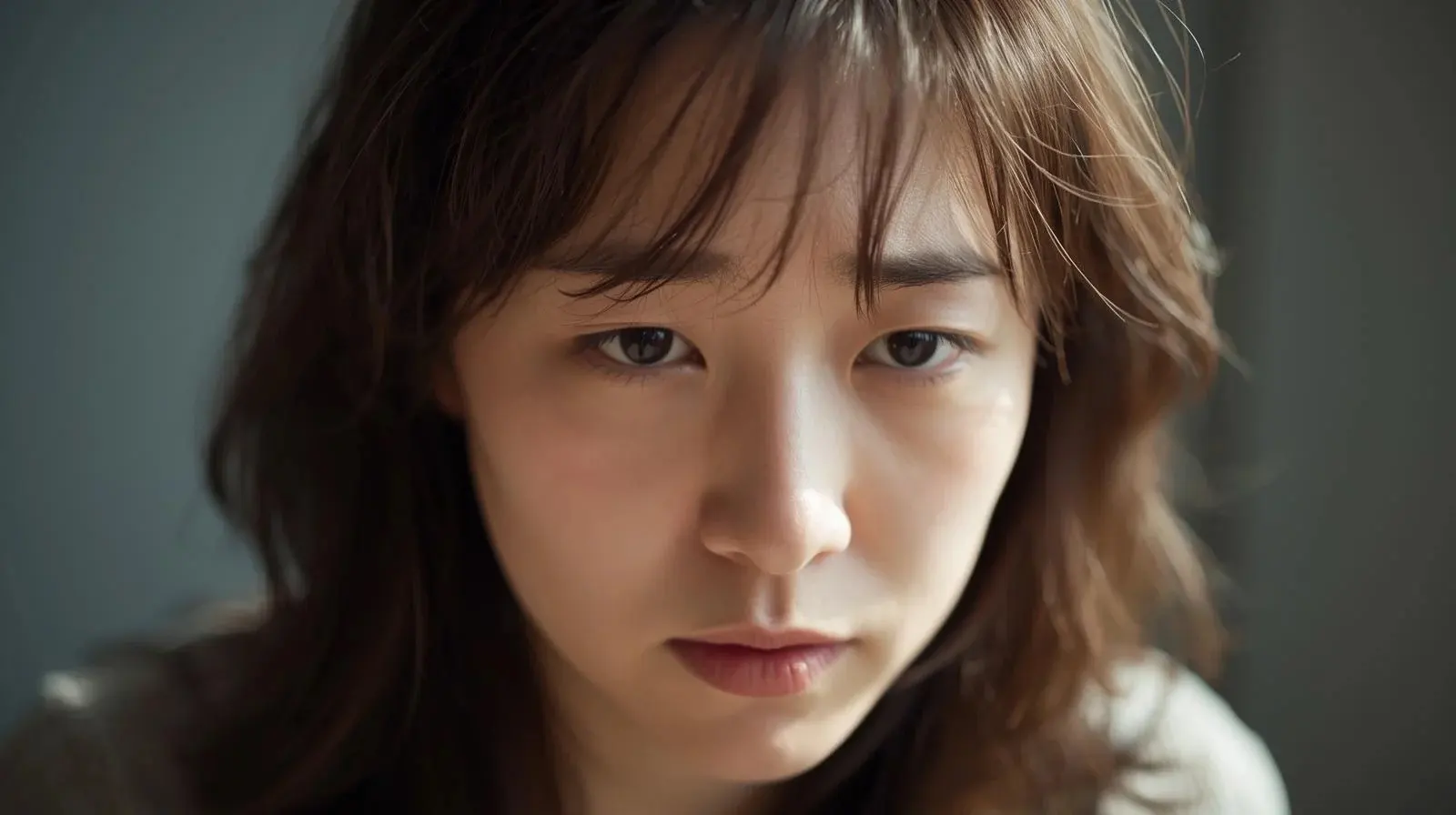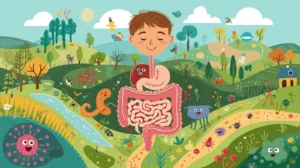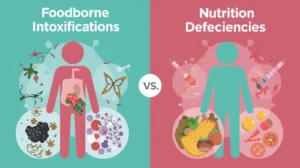Experiencing hair loss can indeed be distressing, especially when it seems to coincide with changes in your diet or lifestyle. It’s natural to feel concerned when you notice an increase in hair fall after starting a new diet regime. However, it’s essential to understand that this can be a temporary phase, and there are steps you can take to address it:
Changes in diet can sometimes impact hair health and contribute to hair fall. If you’re experiencing hair fall while dieting, a few factors might be at play:
Nutrient Deficiency: Crash diets or sudden changes in eating habits can lead to nutrient deficiencies, particularly in vitamins (like A, D, E, and B vitamins), minerals (such as iron and zinc), and protein. These deficiencies can affect hair health and lead to shedding.
Caloric Restriction: Severely restricting calories can put stress on your body, impacting hair growth. When the body is under stress due to lack of nutrients, it prioritizes vital functions over non-essential ones like hair growth.
Rapid Weight Loss: Losing weight too quickly can shock your system, resulting in temporary hair loss known as telogen effluvium.
Lack of Protein: Insufficient protein intake is a common factor in hair loss during dieting. Hair is primarily made of protein, so inadequate amounts can affect its health.
To mitigate these issues:
Balanced Diet: Ensure your diet includes a variety of nutrients. Incorporate lean proteins, fruits, vegetables, healthy fats, and whole grains.
Gradual Weight Loss: Aim for a steady and gradual weight loss rather than sudden and drastic changes in your diet.
Supplements: If necessary, consider supplements after consulting with a healthcare professional. They can help bridge the gap for any deficiencies.
Protein Intake: Focus on adequate protein intake. Include sources like lean meats, fish, eggs, dairy, legumes, nuts, and seeds.
Hydration: Stay well-hydrated as water is crucial for overall health, including hair health.
If hair loss persists or worsens, it’s essential to consult with a Dietician/ Nutritionist to rule out any underlying medical conditions and get personalized advice. They can provide guidance tailored to your specific situation and suggest appropriate remedies, dietary or lifestyle modifications and treatments.




